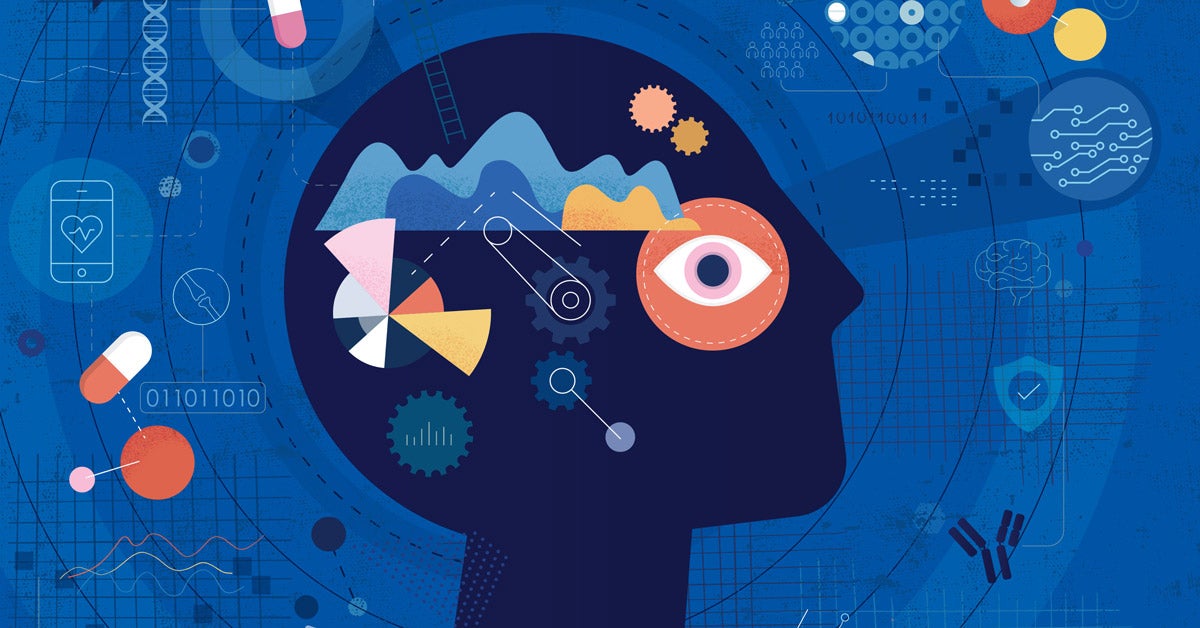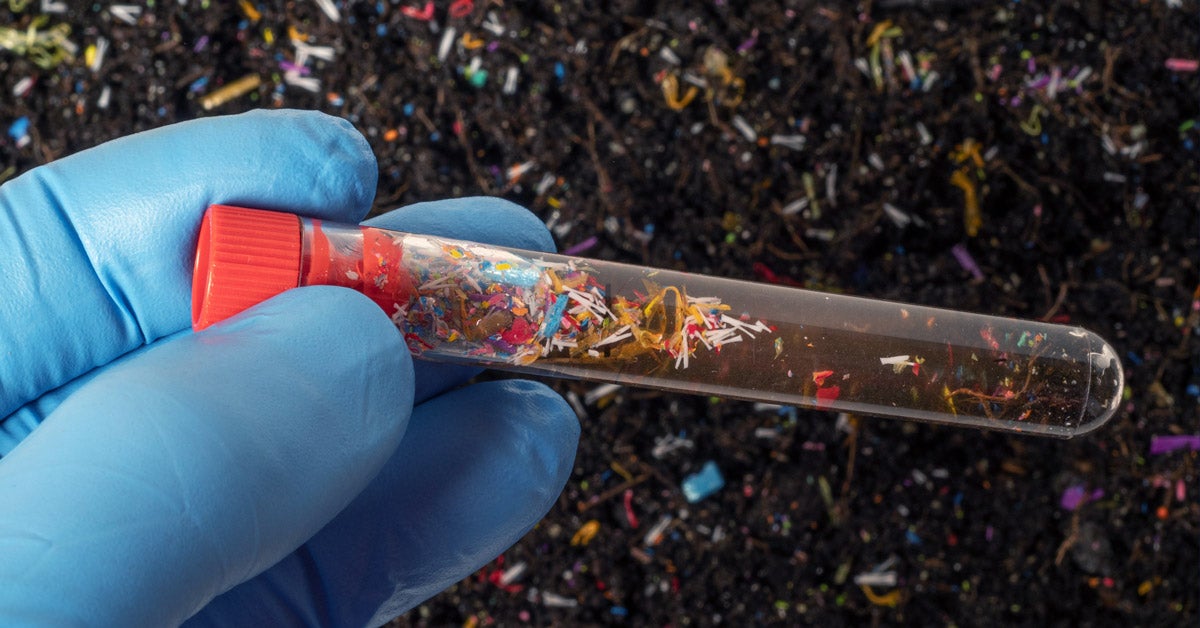Newsletter
HPH Weekly: Putting behavioral activation in more health workers’ tool belts
This edition of Harvard Public Health Weekly was sent to our subscribers on March 14, 2024. If you don’t already receive the newsletter, subscribe here. To see more past newsletters, visit our archives.
Putting behavioral activation in more health workers’ tool belts

A critical shortage of mental health specialists around the globe has impaired access to care for people with mental illness. A program pioneered in Pakistan and India, EMPOWER, aims to address that crisis by training nonspecialists to deliver evidence-based care. Martha Buendia, a clinical research assistant at Baylor Scott & White Health, praises her experience with the program in an HPH op-ed.
Notes from the Lake Nona Impact Forum

HPH Editor-in-Chief Michael Fitzgerald attended the Lake Nona Impact Forum to get a pulse on the big ideas in health care. No surprise, there was a lot about AI, including some real-world projects. There was also some questioning about whether tech is a cure for everything, and talk about the Biden admin’s efforts to lower drug prices.
Study ties microplastics to strokes and heart attacks

The negative effects of plastics on wildlife are at least visible, Public Health Watch Editor-in-Chief Jim Morris writes. In humans, however, the health risks associated with the consumption of microplastics—associated with behaviors as common as drinking from plastic water bottles—are showing up in subtler and more insidious ways. A study by Italian scientists, for example, has linked the tiny pieces of plastic to cardiovascular disease.
What we’re reading this week
- Riders in the smog | Rest of World
- PhRMA funnels millions to groups fighting drug pricing reforms | Sludge
- The world’s mental health is in rough shape, a new report finds | Vox
- Drug treatment crisis grows in West Virginia | Bolts
- The new science on what ultra-processed food does to your brain | The Wall Street Journal
